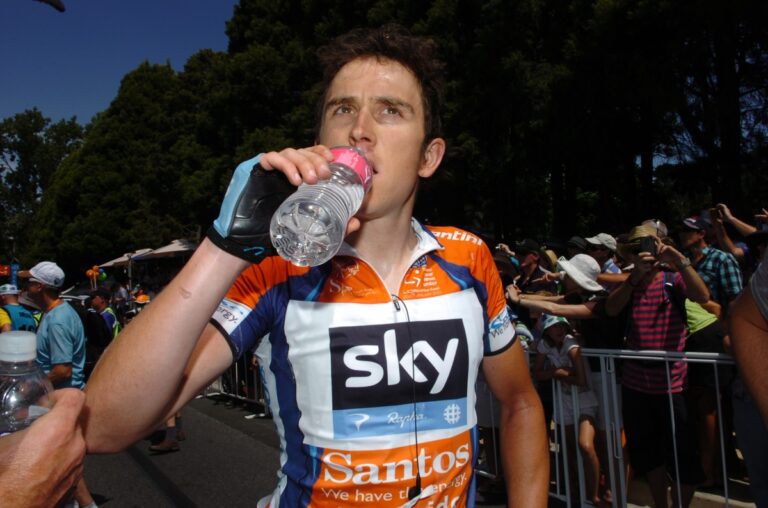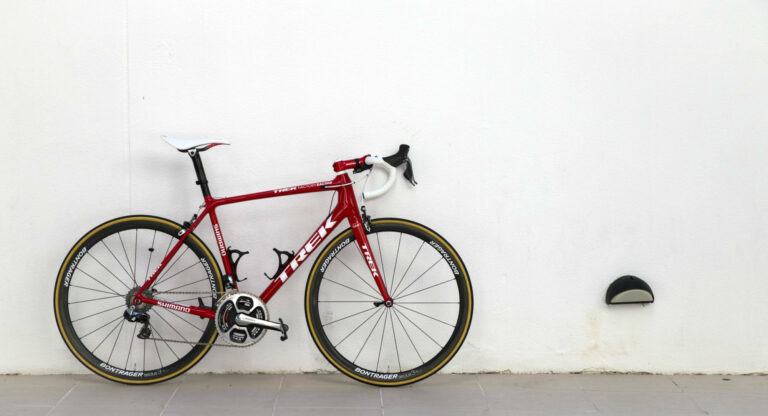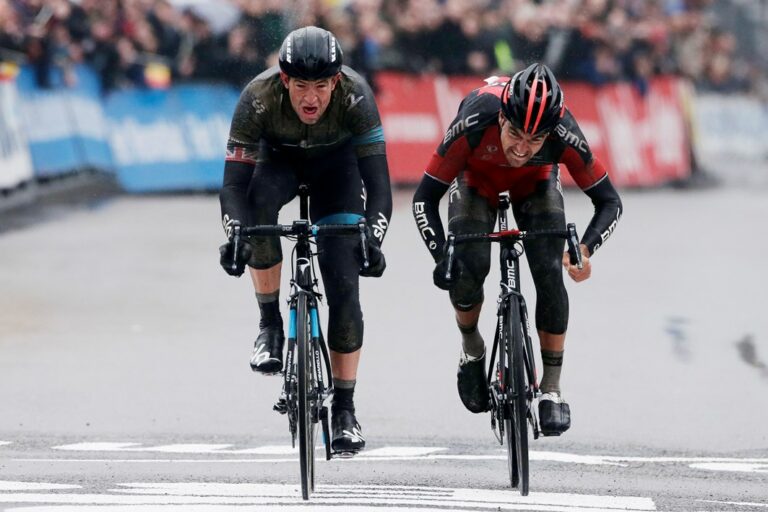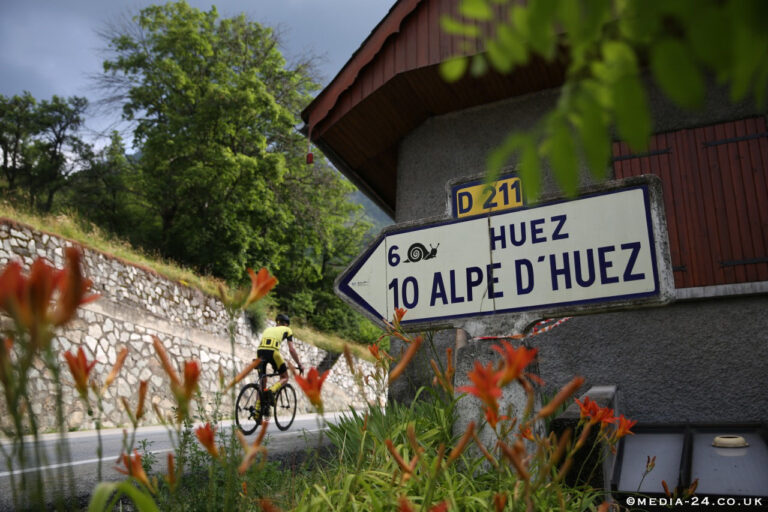Professional cycling remains stuck under the cloud of the dreaded d-word, with doping continuing to rear its ugly head.
The decision of the UCI’s licence commission to grant Astana a WorldTour licence, after a spate of positive drugs tests, is the latest controversy to attract criticism from fans of the sport.
Confirmed late last night, a UCI statement announced that the Kazakh team would retain its licence despite brothers Maxim and Valentin Iglinskiy having tested positive for EPO this year.
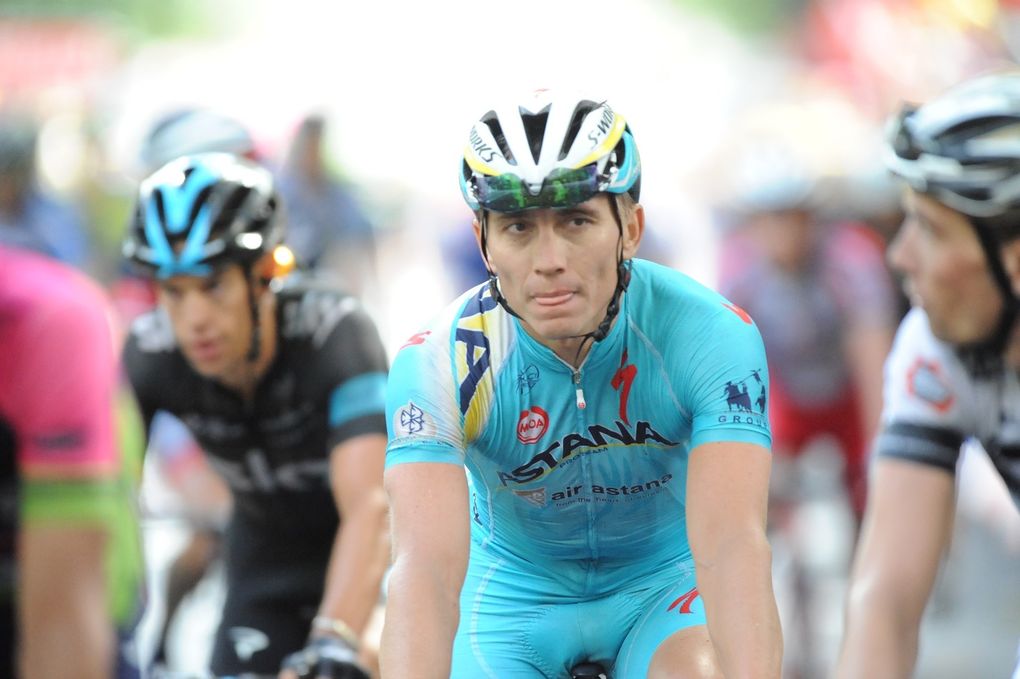
Those failed tests were coupled with Kazakh trio Artur Fedosseyev, Ilya Davidenok and Viktor Okishev, from the team’s UCI Continental development team, all failing doping tests, too.
That prompted a review of the team’s licence and the team must now be audited by the Institute of Sports Science of the University of Lausanne (ISSUL), who will look into the team’s internal structure, culture and management system as a condition of retaining a WorldTour licence.
It also effectively places Astana on probation – another doping case will see the team referred back to the licence commission.
The decision, however, has attracted much criticism – particular as the same UCI statement confirmed the long-standing Europcar team would be relegated from the WorldTour next year on financial grounds.
Anyone at @UCI_cycling dropped these? pic.twitter.com/jX4zxLmr0a
— Matt Clinton (@MattyClinton) December 11, 2014
Having only returned to cycling’s top tier last season, the French team – who finished bottom of the UCI WorldTour team rankings in 2014 – is likely to return to UCI Pro Continental level for 2015.
On its own, the latter decision may have attracted less criticism but coupled with Astana remaining on cycling’s top table – which now numbers 17 teams – it has not gone down well.
The same statement also granted Neri Sottoli – registered as Yellow Fluo – permission to race at UCI Pro Continental level providing they follow stringent doping controls after the positive tests of Danilo di Luca, Mauro Santambrogio and Matteo Rabottini in the last two years.
New team Cult Energy, for whom Britain’s Russell Downing will race next season, have until December 15 to submit a new registration file as they bid to be registered at UCI Pro Continental level.
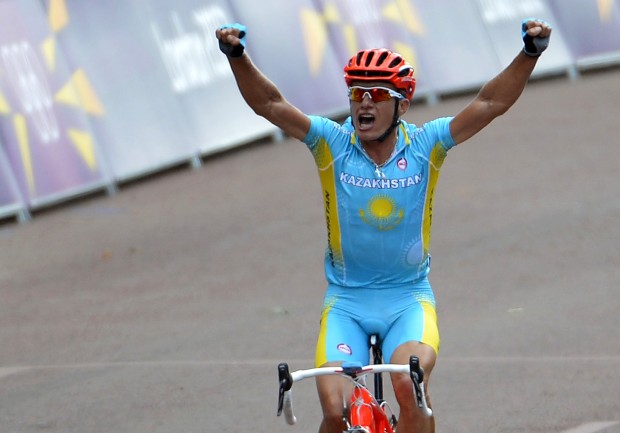
The Astana decision is the chief talking point, however, and particularly with Italian newspaper Gazzetta dello Sport having published the names of 38 riders alleged to have been clients Dr Michele Ferrari yesterday – allegations arising from the Padua inquiry.
Of those 38 riders, 17 have links with Astana – general manager Alexandr Vinokourov and former rider Roman Kreuziger among them.
Kreuziger, now of Tinkoff-Saxo, has already been investigation in 2014 for biological passport anomalies arising from his time with Astana.
Vinokourov, of course, was found guilty of doping at the 2007 Tour de France, with his failed test having led to Astana withdrawing from the race.
But, controversial though it is, was it the right decision to grant Astana a licence for 2015? Well, under the rules, yes it is.
The UCI confirmed they are yet to receive a copy of the Padua file, so at the moment we have only newspaper headlines to go on and they, for the time being, must be discounted.
Astana’s Continental team is also treated as a separate entity to the team which delivered Vincenzo Nibali to Tour de France success this year.
All of which means the decision made is well in line with the rules – and the implication of the audit and effective ‘probation’ provides an element of insurance to the UCI.
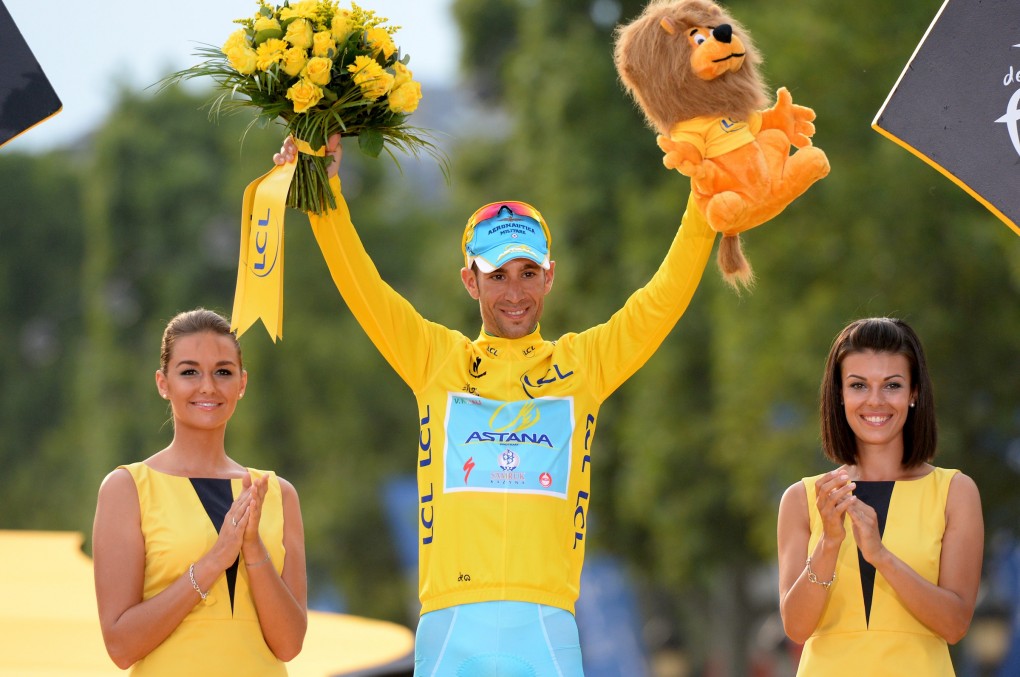
The criteria for a WorldTour licence covers sporting, financial – where Team Europcar have fallen – administrative and ethical grounds.
Nibali branded the Iglinskiy brothers ‘imbeciles’ and ‘unbelievably stupid’ following their positive tests, reiterating his belief that the modern era of cycling leaves no place for dopers to hide without being caught.
In terms of sporting talent, the Astana team certainly has plenty to offer at cycling’s top tier. Alongside Nibali, Astana also boasts Fabio Aru and Jakob Fuglsang in its ranks, Lars Boom, Dario Cataldo and Luis Leon Sanchez have all signed for 2015.
Ethics – another key part of the criteria for a WorldTour licence – is another matter entirely, and the independent audit will go a long way to uncovering the full story, if there is any more to tell, of the doping issues.
For now, however, the facts of the matter are simply two isolated doping offence, from two brothers, so there is little more for the UCI to go on for the time being – and they can immediately refer the team back to the commission should the audit uncover anything untoward.
Financially, meanwhile, the team is big bucks with backing from the Kazakh government and buoyed by Nibali’s Tour de France win – as long as sponsors stay after any damage the team has suffered to its reputation.
But with Vinokourov in charge, there will be many fans who find it difficult to take to the Astana team and there will be plenty of others now unhappy with the team’s continued presence on the WorldTour in light of recent allegations.
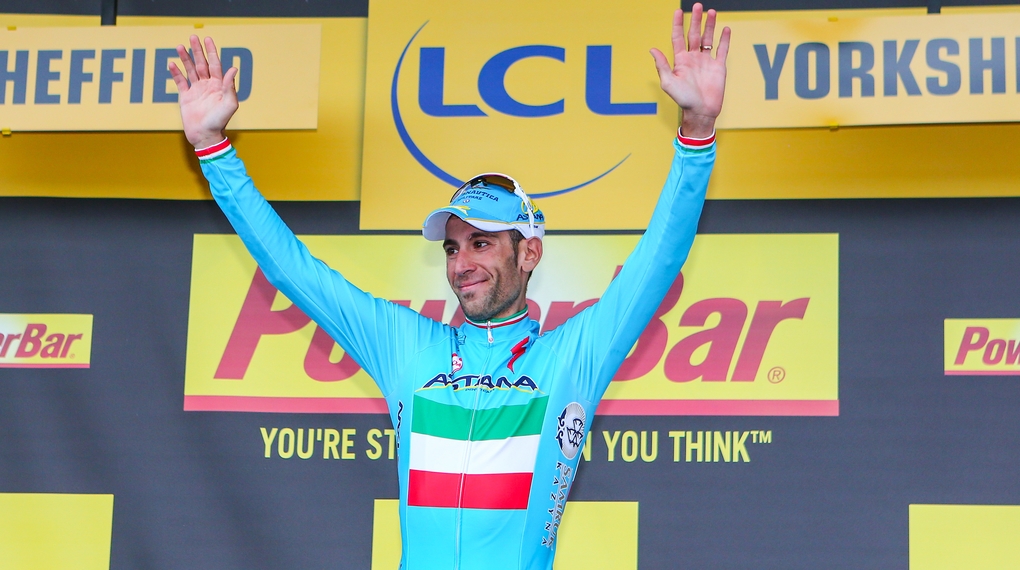
But public opinion is not law, and the rules left the UCI and the licence commission with little room for manoeuvre.
And until meat is added to the most recent allegations from the Italy and the audit is complete, like it or loath it the sky blue jerseys of the Astana team will be in the WorldTour peloton.
UCI WorldTour teams for 2015
Ag2r-La Mondiale (FRA)
Astana (KAZ)
BMC Racing (USA)
Etixx-Quickstep (BEL) – formerly Omega Pharma-Quickstep
FDJ.fr (FRA)
IAM Cycling (SUI) – promoted from UCI Pro Continental level
Lampre-Merida (ITA)
Lotto-Soudal (BEL) – formerly Lotto-Belisol
Movistar (ESP)
Orica-GreenEDGE (AUS)
Team Cannondale-Garmin (USA) – merger of Cannondale and Garmin-Sharp
Team Giant-Alpecin (GER) – formerly Giant-Shimano
Team Katusha (RUS)
Team Lotto NL-Jumbo (NED) – formerly Belkin Pro Cycling
Team Sky (GBR)
Tinkoff-Saxo (RUS)
Trek Factory Racing (USA)

